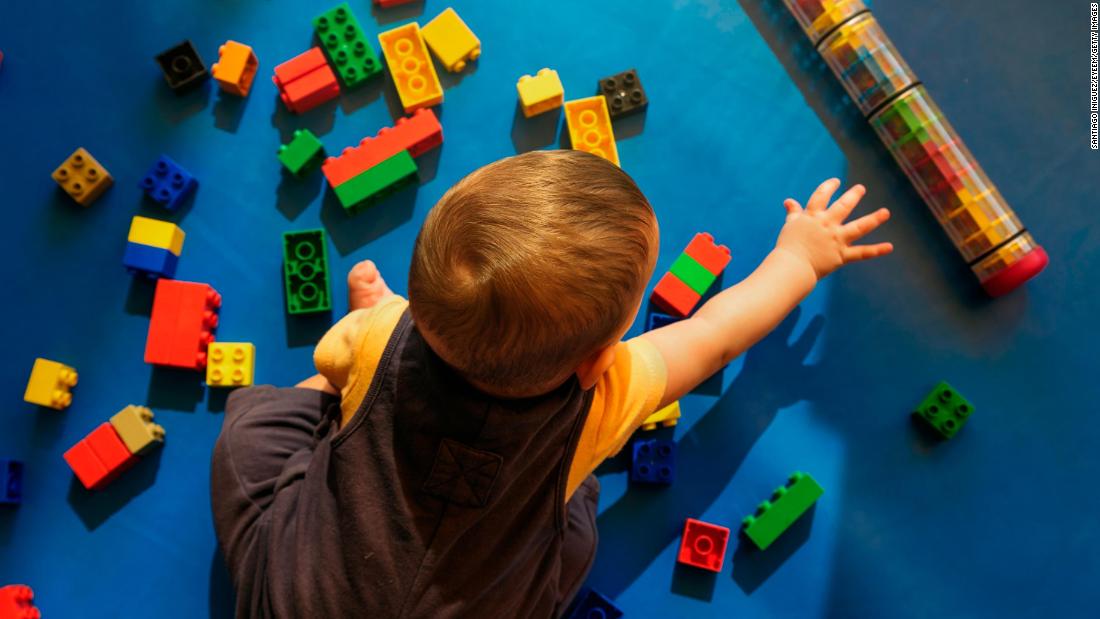Our early childhood memories are difficult to remember. For this reason.
[ad_1]
At first glance, it may seem that the reason we don’t remember being babies is because infants and toddlers do not have fully developed memories. But babies by six months of age can have both short-term memories that last minutes and long-term memories that last weeks, if not months.
Of course, memory skills at this age are not like adults – they continue to mature into adolescence. In fact, developmental changes in basic memory processes have been cited as the explanation for amnesia in children, and this is one of the best theories we have yet. These basic processes span multiple regions of the brain and include forming, maintaining, and later recalling memory.
But that doesn’t seem to be the whole story. Another factor that we know plays a role is language. At the age of one to six, children develop from the one-word phase of speaking to fluent command of their mother tongue (s). These include the use of the past tense, memory-related words such as “remember†and “forgetâ€, and personal pronouns, with “my†being the most popular.
Social and cultural impact
Remembering has different social functions in different cultures, which contribute to cultural variations in the quantity, quality and timing of early autobiographical memories. Adults in cultures that value autonomy (North America, Western Europe) tend to share earlier and more childhood memories than adults in cultures that value connectedness (Asia, Africa).
There are still things we don’t understand about amnesia in children, but researchers are making progress. For example, there are more prospective longitudinal studies that follow people from childhood into the future. This helps in creating accurate reports of events, which is better than retrospectively asking teenagers or adults to recall past events that are not documented. Also, as neuroscience advances, there will no doubt be more studies linking brain development to memory development. This should help us develop other measures of memory in addition to verbal reporting.
Jeanne Shinskey is Senior Lecturer and Baby Lab Director in the Psychology Department at Royal Holloway University of London. Shinskey does not work for, advise, own or hold any interest in any company or organization that would benefit from this article, and has not disclosed any relevant affiliations beyond their academic appointment.
[ad_2]

